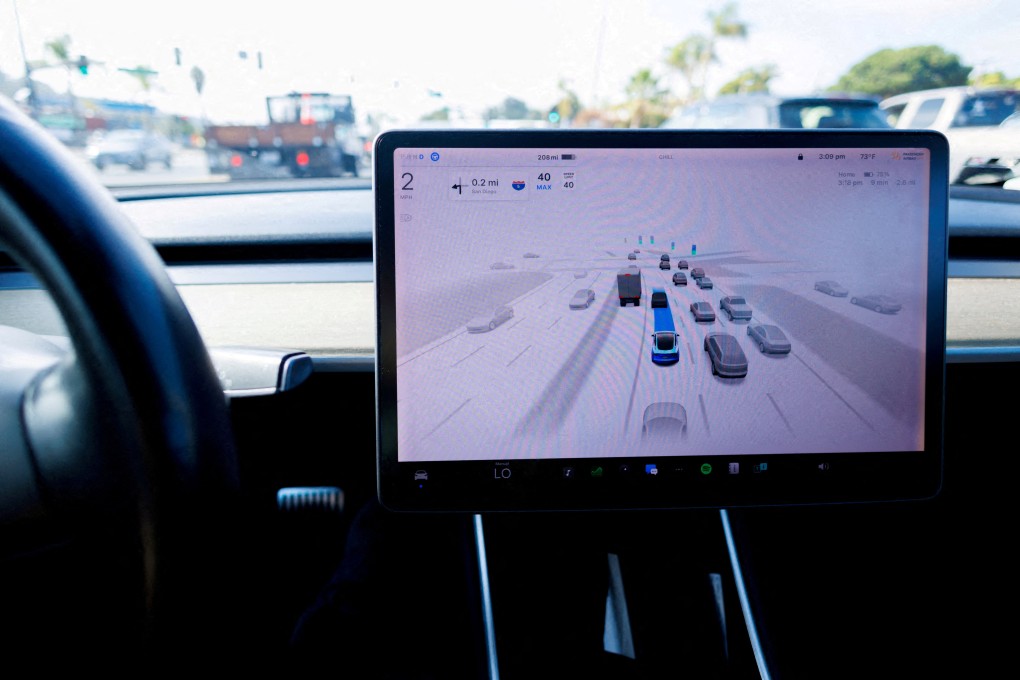Oasis fans have already lost £2m to ticket scams, major bank warns Scammers are gearing up for a wave of fans looking for tickets as the tour approaches By HELEN KIRRANE Updated: 00:01 BST, 24 April 2025 e-mail View comments Scammers are preying on eager fans scrambling to get hold of tickets to Oasis's long-awaited reunion tour this July, a major bank warns. Britons attempting to snap up tickets have already collectively lost more than £2million to scammers, new estimates from Lloyds bank show. The estimate comes from Lloyds analysis of its own customers scam reports, which shows there have been more than 1,000 reports since the sold out tour was announced last summer.
Oasis fans make up over half of all reported concert ticket scams, losing £436 on average. The highest amount lost to an Oasis concert ticket scam was £1,700 in one case. Based on its share of banking customers, the bank estimates that across the UK there are likely to have been at least 5,000 victims since tickets went on sale, with over £2million lost to fraudsters.

When the notoriously hard to come by tour tickets went on sale last year, the price of a standing ticket started from £135. It's likely many were willing to risk it and pay well over face value to see the band perform live. Those aged 35 to 44 years-old are most likely to have been targeted by scammers, making up almost a third of all cases.
The long-awaited Oasis reunion tour has seen fans scrambling to get tickets. Now Lloyds estimates fans have lost over £2million to ticket scams Edinburgh, Warrington and Manchester have the highest numbers of victims of the scam. Now Lloyds is warning Oasis fans desperately trying to find a way to get tickets that scammers will be gearing up for a second wave of attacks as the tour date approaches in July.
How do Oasis ticket scams happen? Concert ticket scams are an example of purchase scams, where a person is tricked into sending money via bank transfer to buy goods or services that don't exist. Ticket scams usually involve fake adverts posts or listings on social media sites. The posts will often offer tickets at discounted prices, or access to events which have already sold out at higher prices.
Victims usually communicate with the scammer over messaging and are asked to pay up front for the ticket. After the payment has been made, the scammers go cold and stop communicating with the person trying to buy the ticket. Concert ticket scams often happen in two waves - the first when concert tickets go on sale and the second as the concert date gets nearer.
Scammers pray on the desperation of fans who willing to pay more in the hope of finding a ticket by pretending to have tickets available. Where do the scams originate? Social media is a massive problem in enabling ticket scams and purchase scams more widely. Lloyds reported that 90 per cent of scam cases start with fake adverts, posts or listings on Meta-owned platforms, with the vast majority of these on Facebook.
Liz Ziegler, fraud prevention director at Lloyds said: 'The fact that so many cases start with fake listings on social media, often in violation of the platforms’ own rules, underscores the importance of these companies taking stronger action to tackle scams.' Many unofficial groups have been set up on social media sites, some with tens of thousands of members for the purpose of buying and selling tickets for the tour. A group on Facebook for buying and selling Oasis tickets.
Some groups on social media have tens of thousands of members How to spot a fake ticket listing Even if you think you've found a legitimate ticket, being asked to pay for anything over bank transfer should be an instant red flag. Zielger says: 'If you’re asked to pay via bank transfer, particularly by a seller you’ve found on social media, that should immediately set alarm bells ringing.' As the age old adage goes, if it looks to good to be true it probably is.
So scrutinise deals that look too good to be true - if a ticket is being sold at an unusually low price or for a sold out event that should be a red flag. Be wary of buying on social media or social media marketplaces. Fraudsters can easily make fake ads and posts for a listing.
If you are purchasing a ticket, make sure to use your debit or credit card when paying or Paypal, which is a safer than a bank transfer if you select the 'goods and services' option when paying. SAVE MONEY, MAKE MONEY Isa offer Isa offer 40% off account fees for six months Learn More Learn More Fix energy bills Fix energy bills Check price cap beating deals with uSwitch Learn More Learn More Fee-free Isa investing Fee-free Isa investing Free share and ETF dealing, no account fee Learn More Learn More 5.70% cash Isa 5.
70% cash Isa Rate boosted for three months, then 4.85% Learn More Learn More Sipp cashback Sipp cashback Up to £250 on Sipps worth at least £10,000 Learn More Learn More Affiliate links: If you take out a product This is Money may earn a commission. These deals are chosen by our editorial team, as we think they are worth highlighting.
This does not affect our editorial independence. Terms and conditions apply on all offers. Share or comment on this article: Oasis fans have already lost £2m to ticket scams, major bank warns e-mail Add comment Some links in this article may be affiliate links.
If you click on them we may earn a small commission. That helps us fund This Is Money, and keep it free to use. We do not write articles to promote products.
We do not allow any commercial relationship to affect our editorial independence. Comments 0 Share what you think No comments have so far been submitted. Why not be the first to send us your thoughts, or debate this issue live on our message boards.
Add your comment Enter your comment By posting your comment you agree to our house rules . Submit Comment Clear Close Do you want to automatically post your MailOnline comments to your Facebook Timeline? Your comment will be posted to MailOnline as usual. No Yes Close Do you want to automatically post your MailOnline comments to your Facebook Timeline? Your comment will be posted to MailOnline as usual We will automatically post your comment and a link to the news story to your Facebook timeline at the same time it is posted on MailOnline.
To do this we will link your MailOnline account with your Facebook account. We’ll ask you to confirm this for your first post to Facebook. You can choose on each post whether you would like it to be posted to Facebook.
Your details from Facebook will be used to provide you with tailored content, marketing and ads in line with our Privacy Policy . More top stories.
Business

Oasis fans have already lost £2m to ticket scams, major bank warns

Oasis fans have collectively lost over £2million to ticket scams, estimates from Lloyds bank show.















